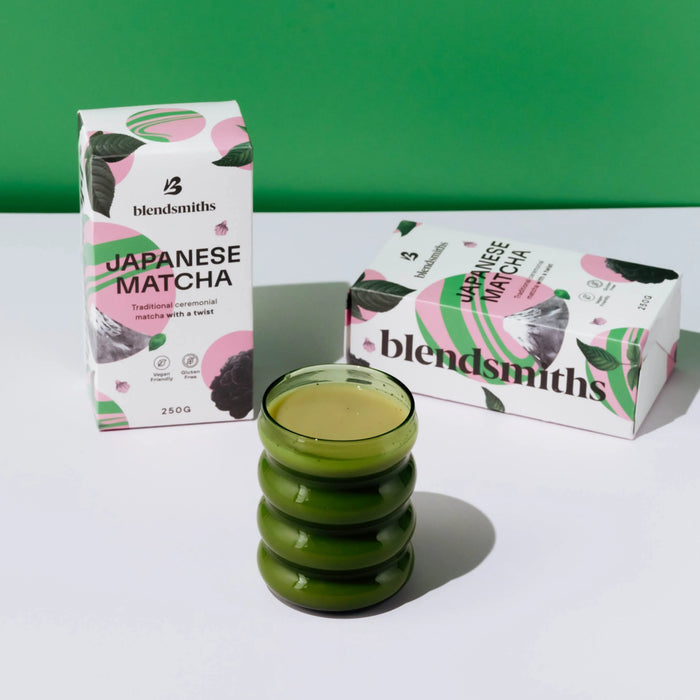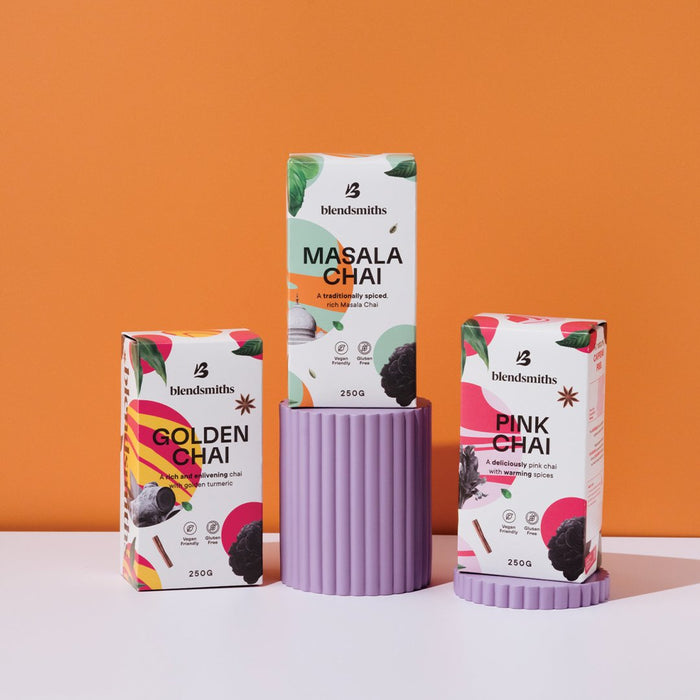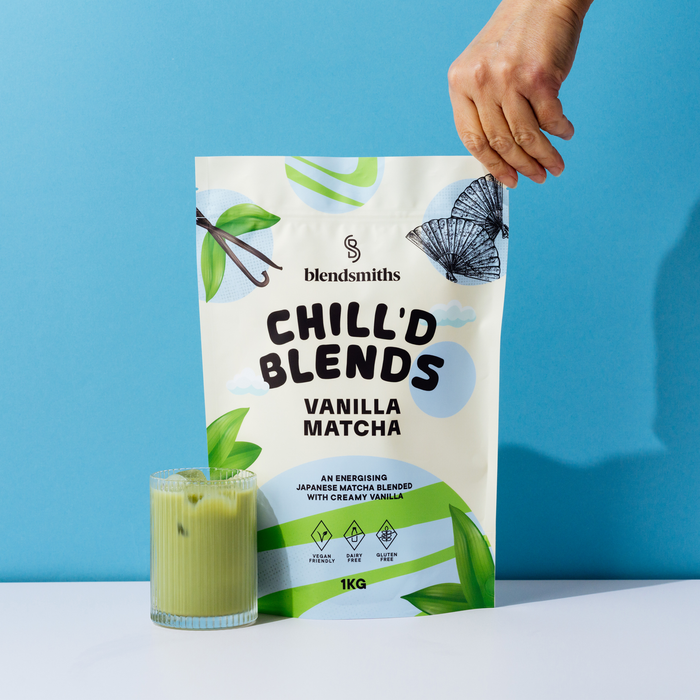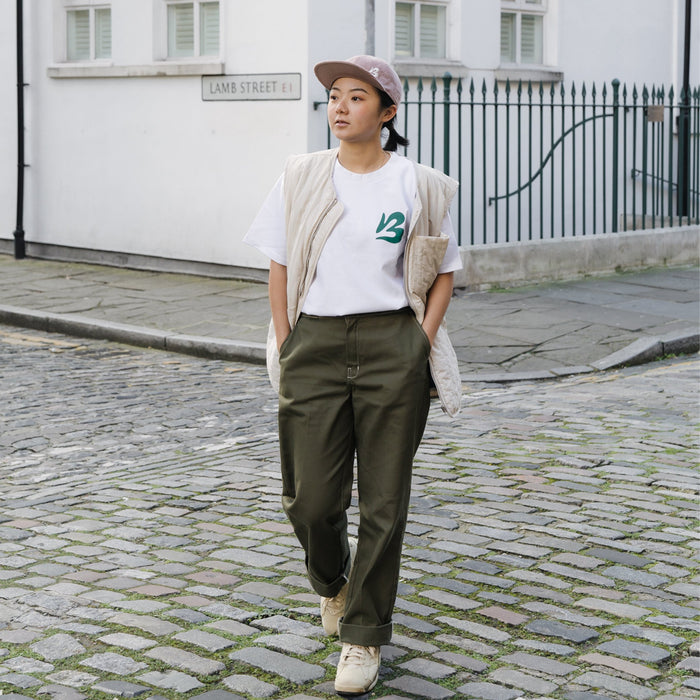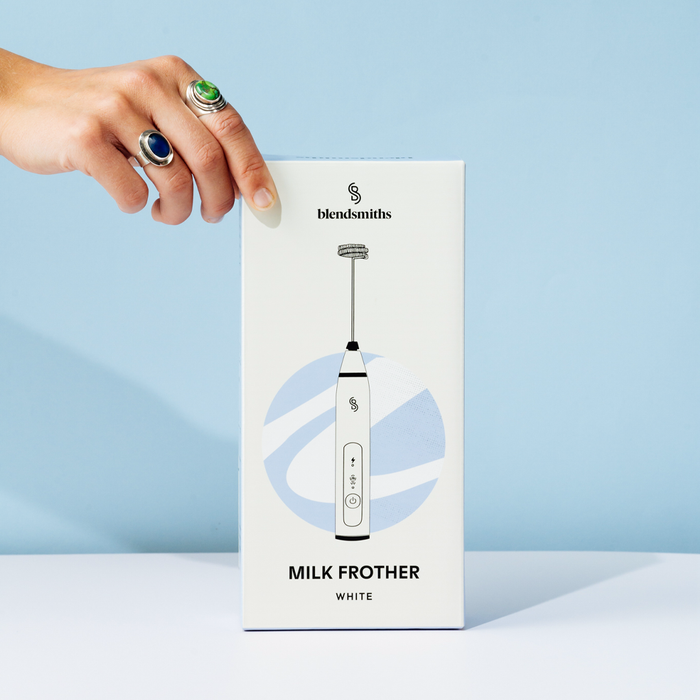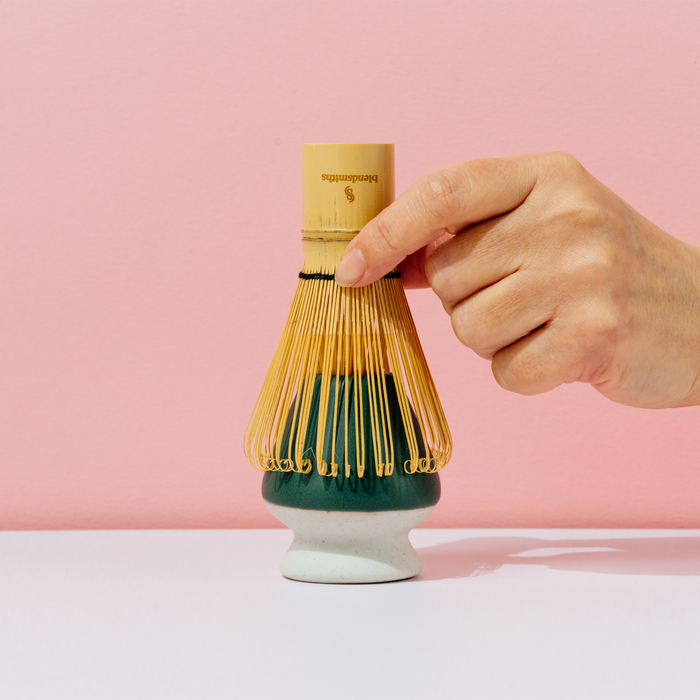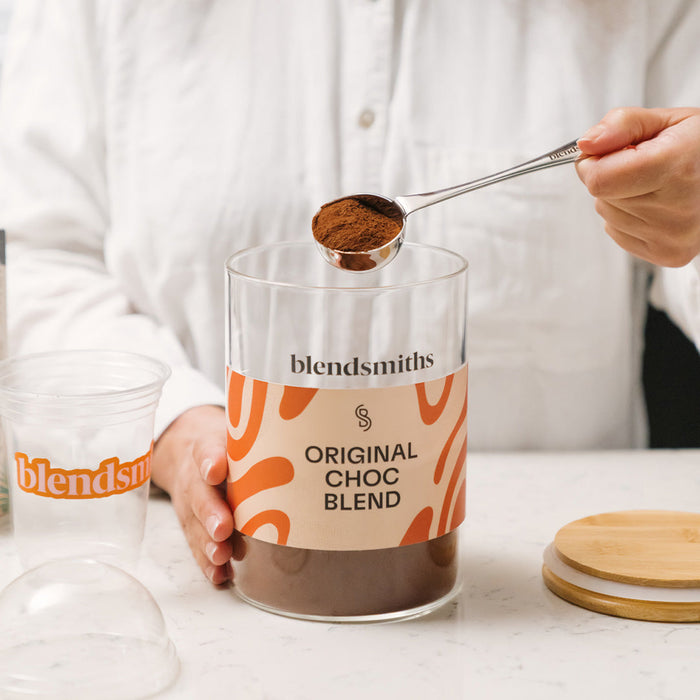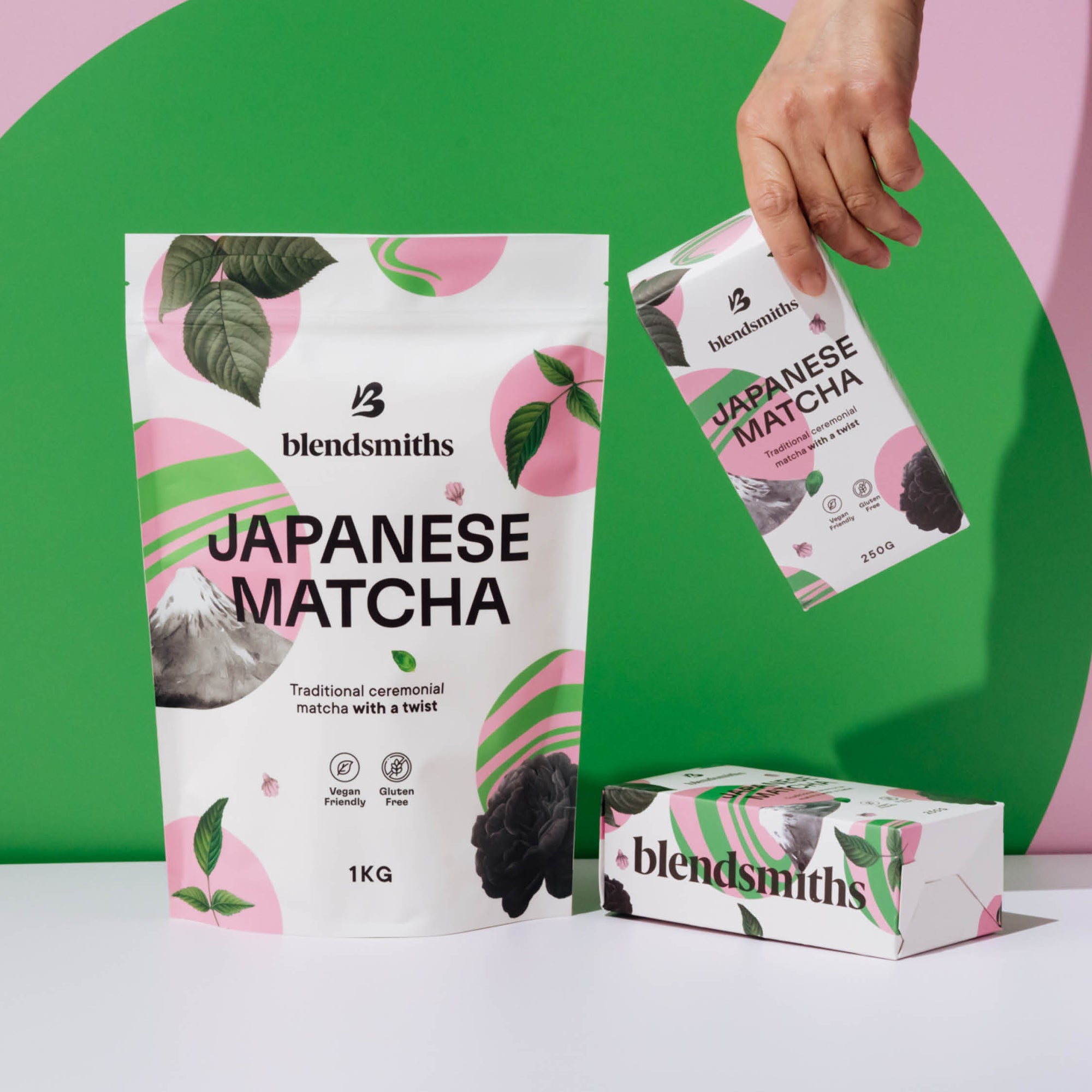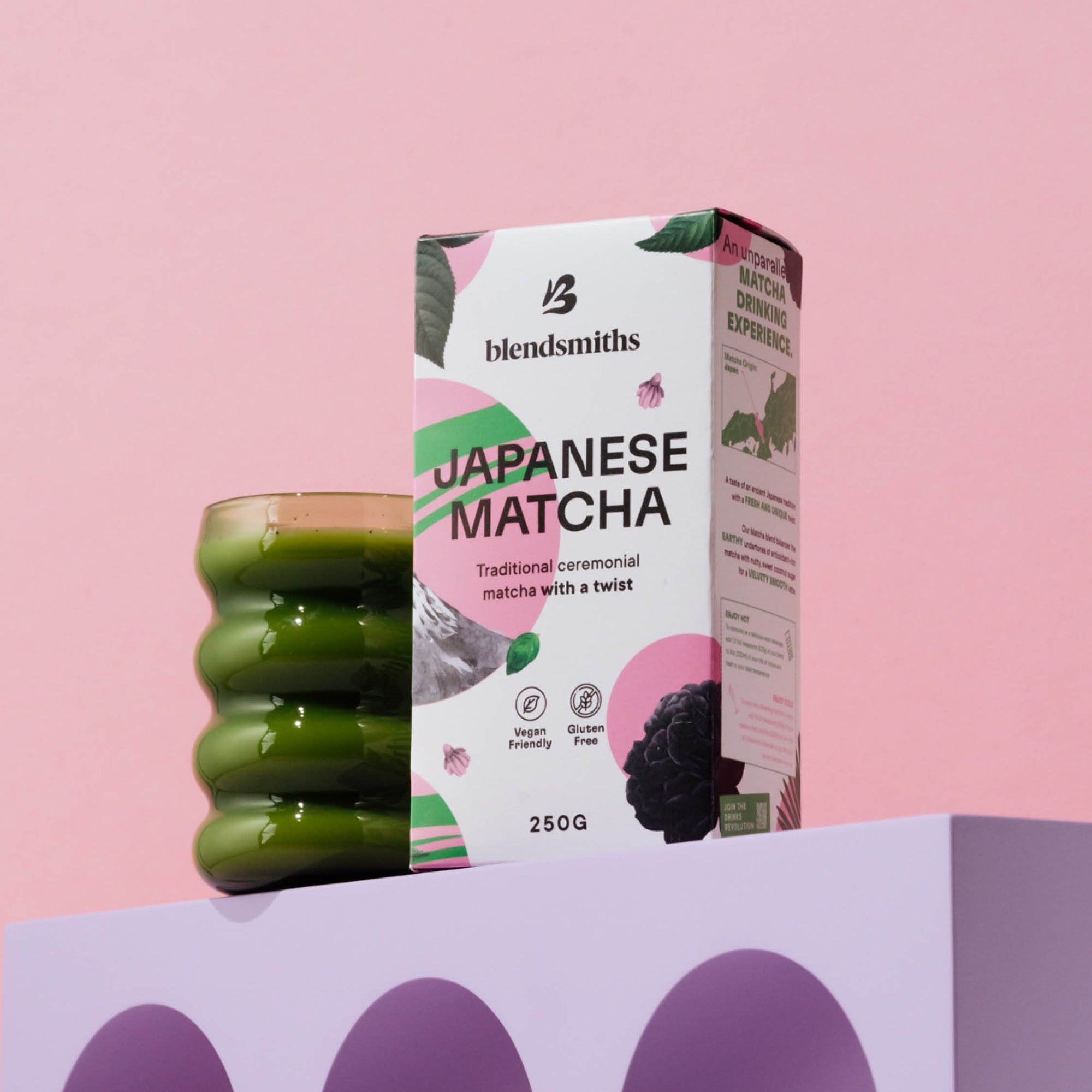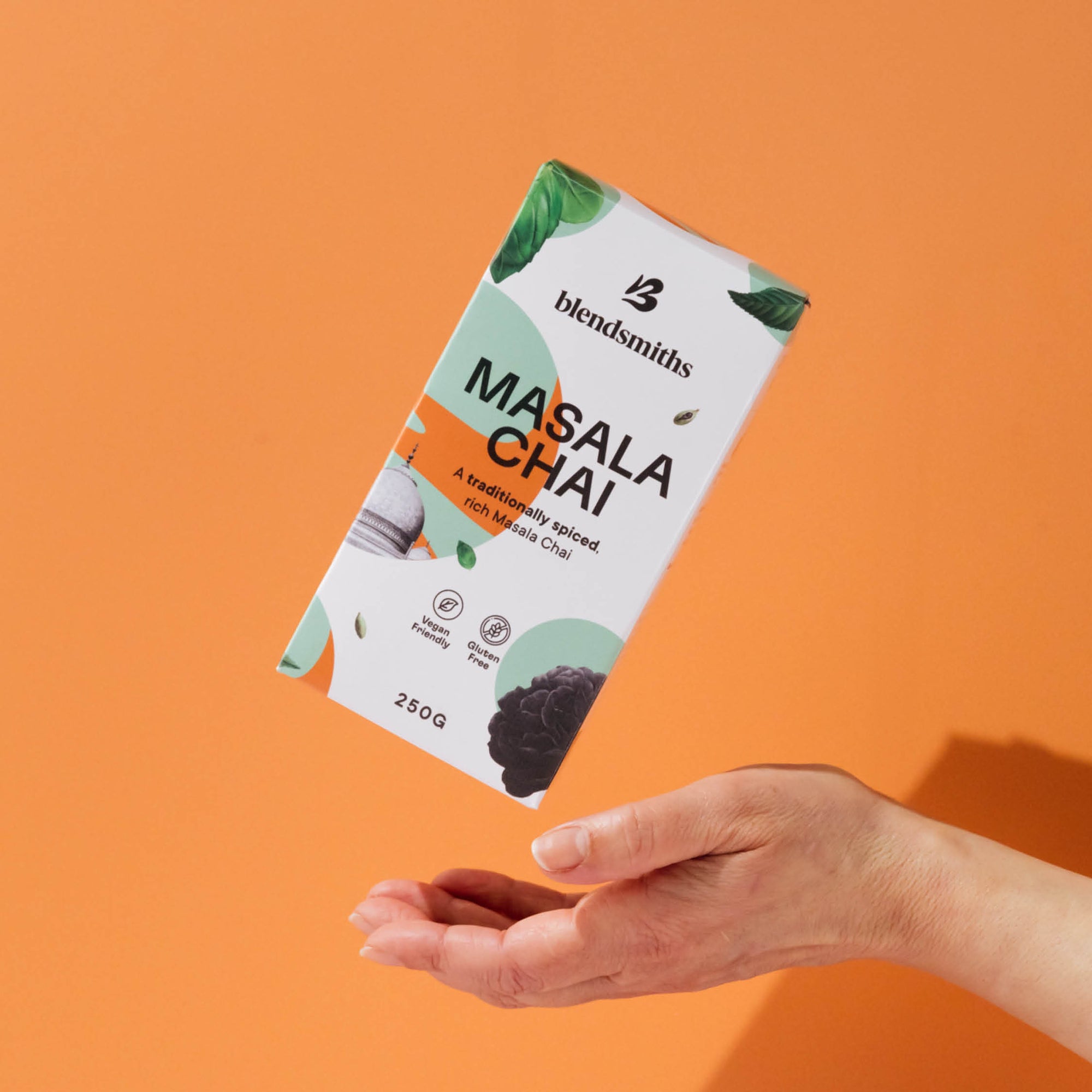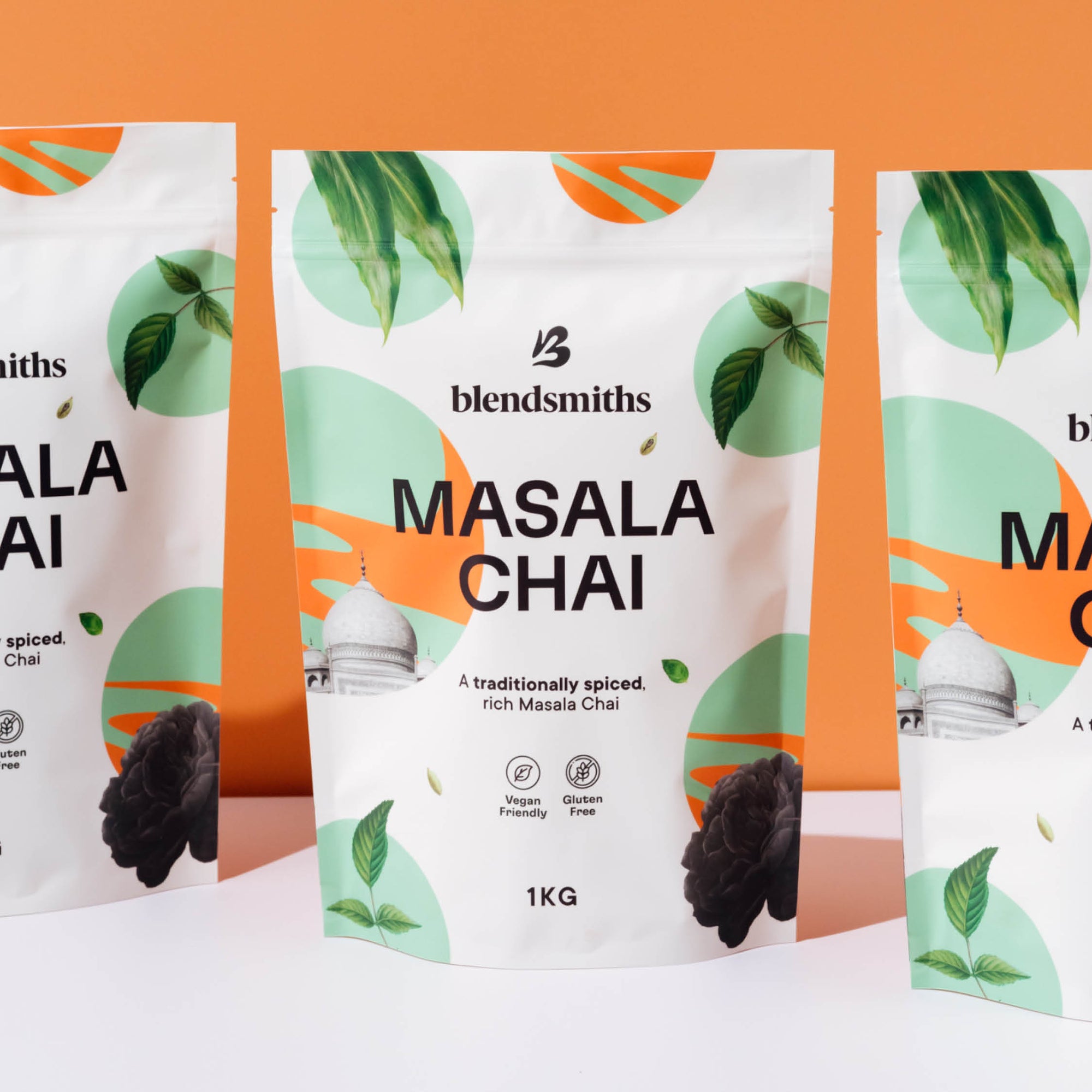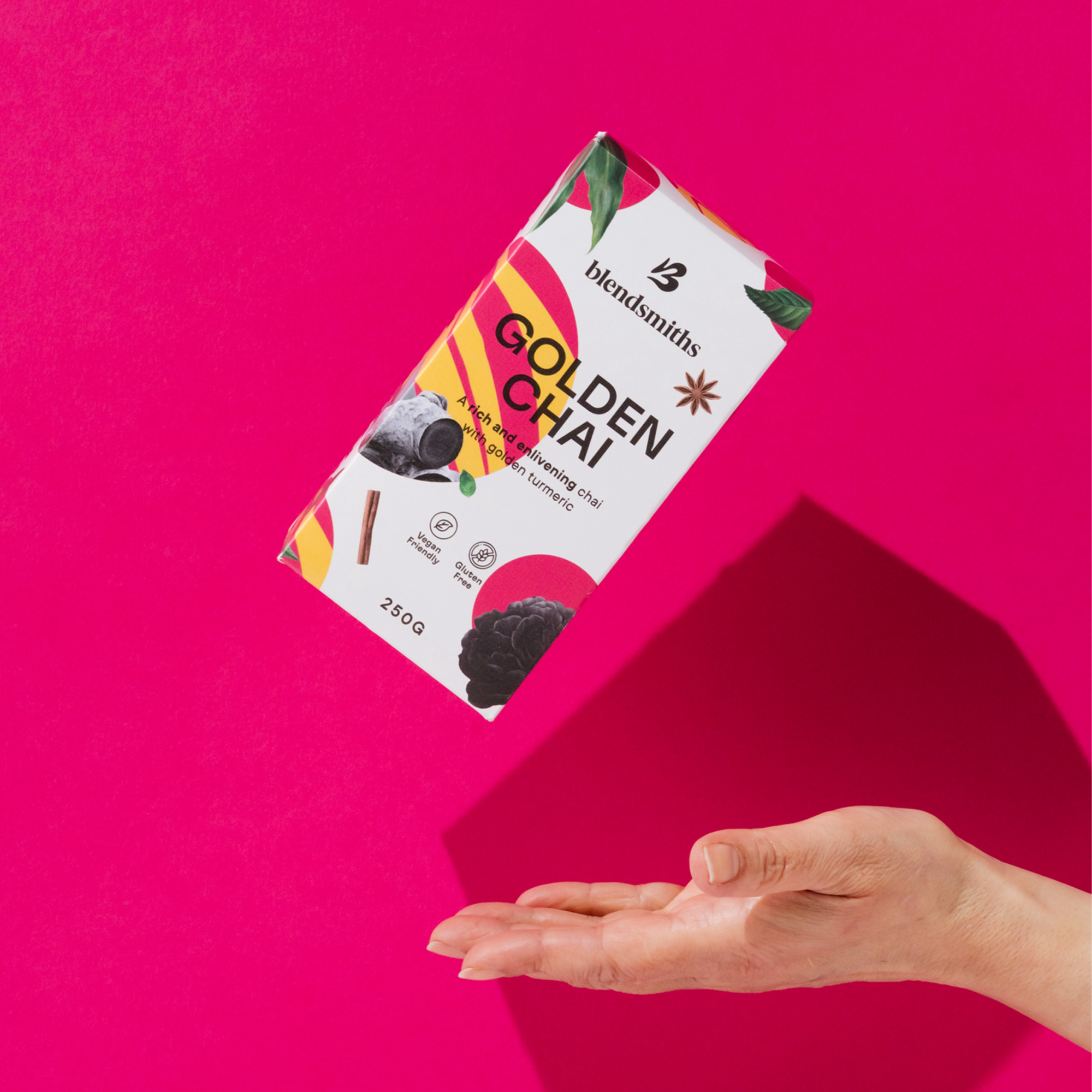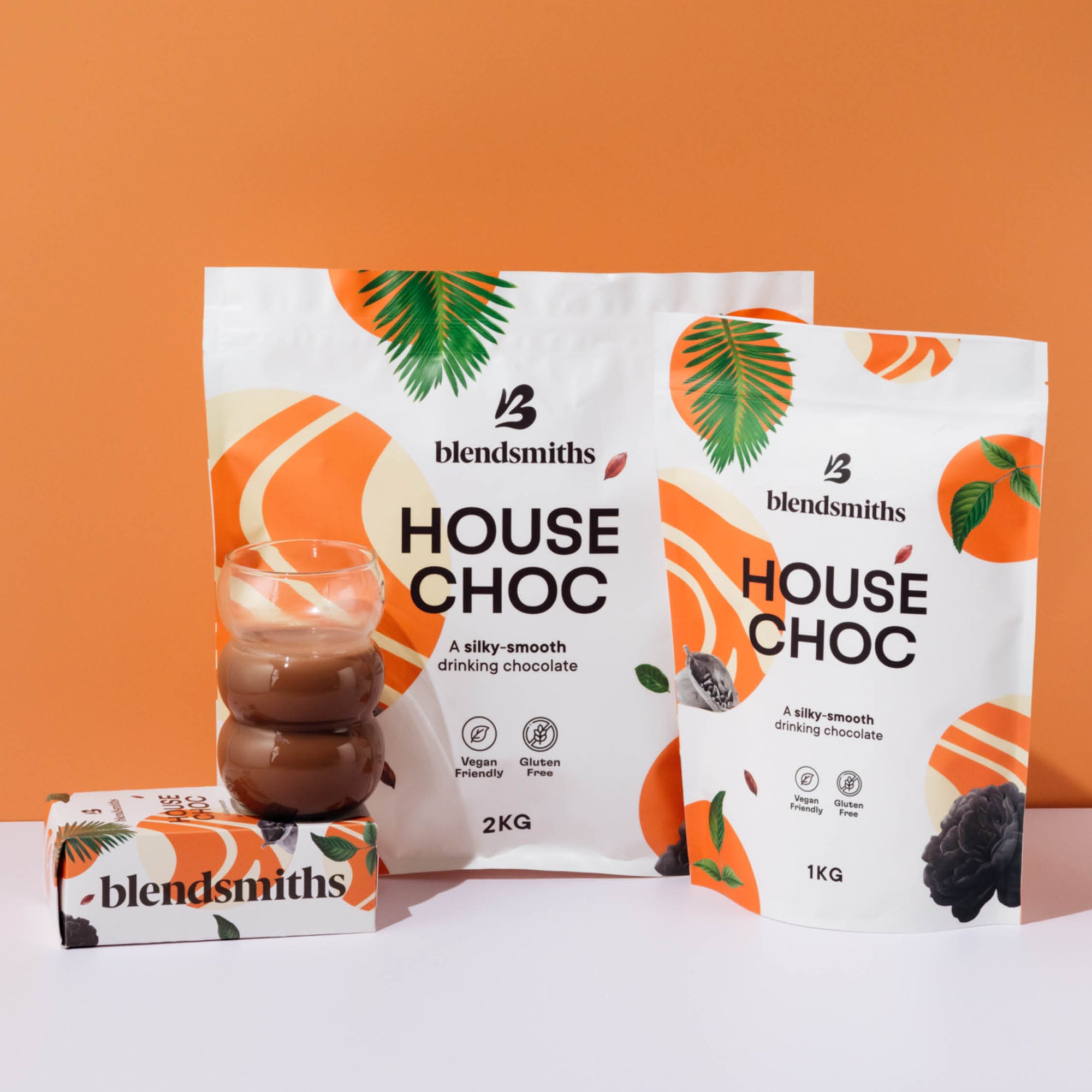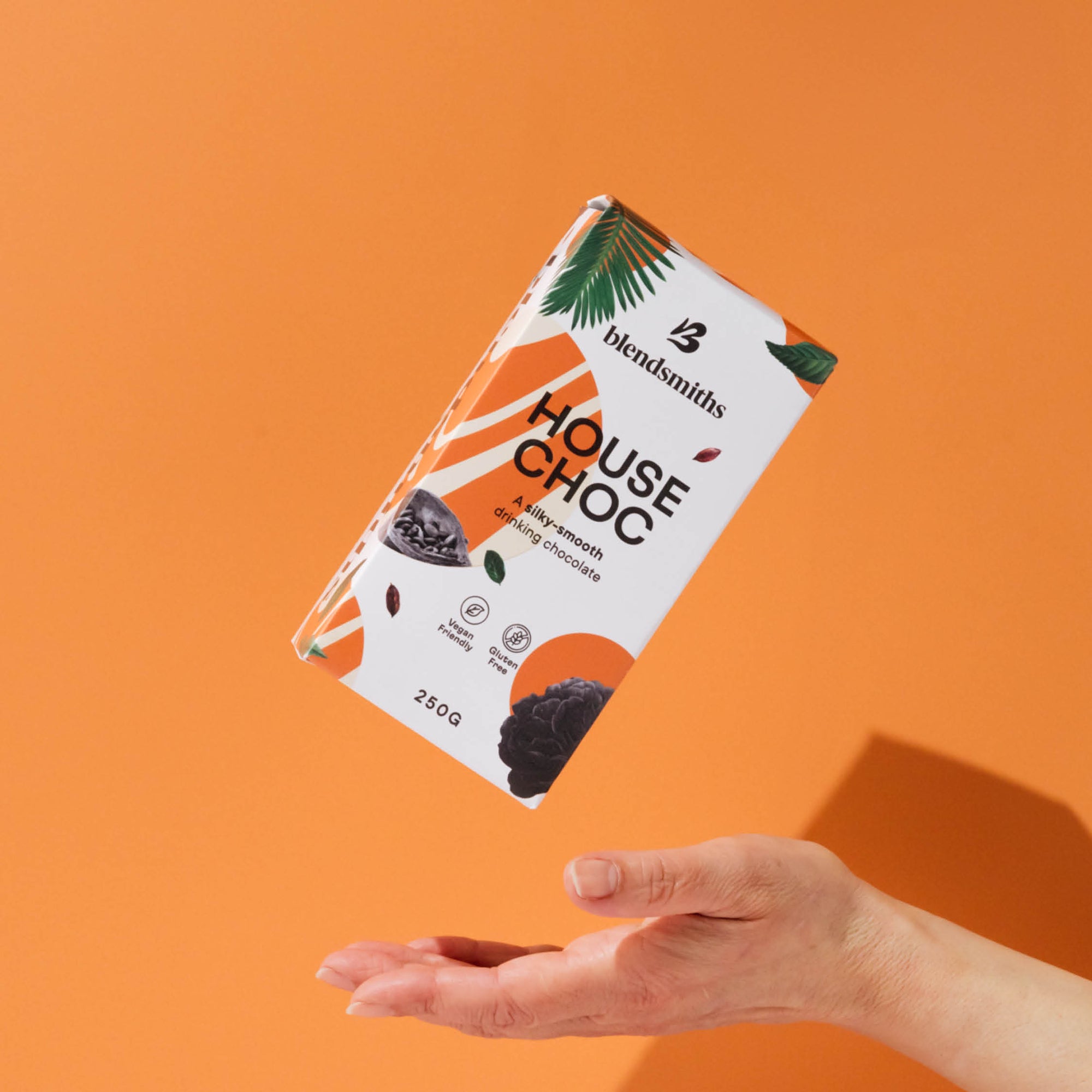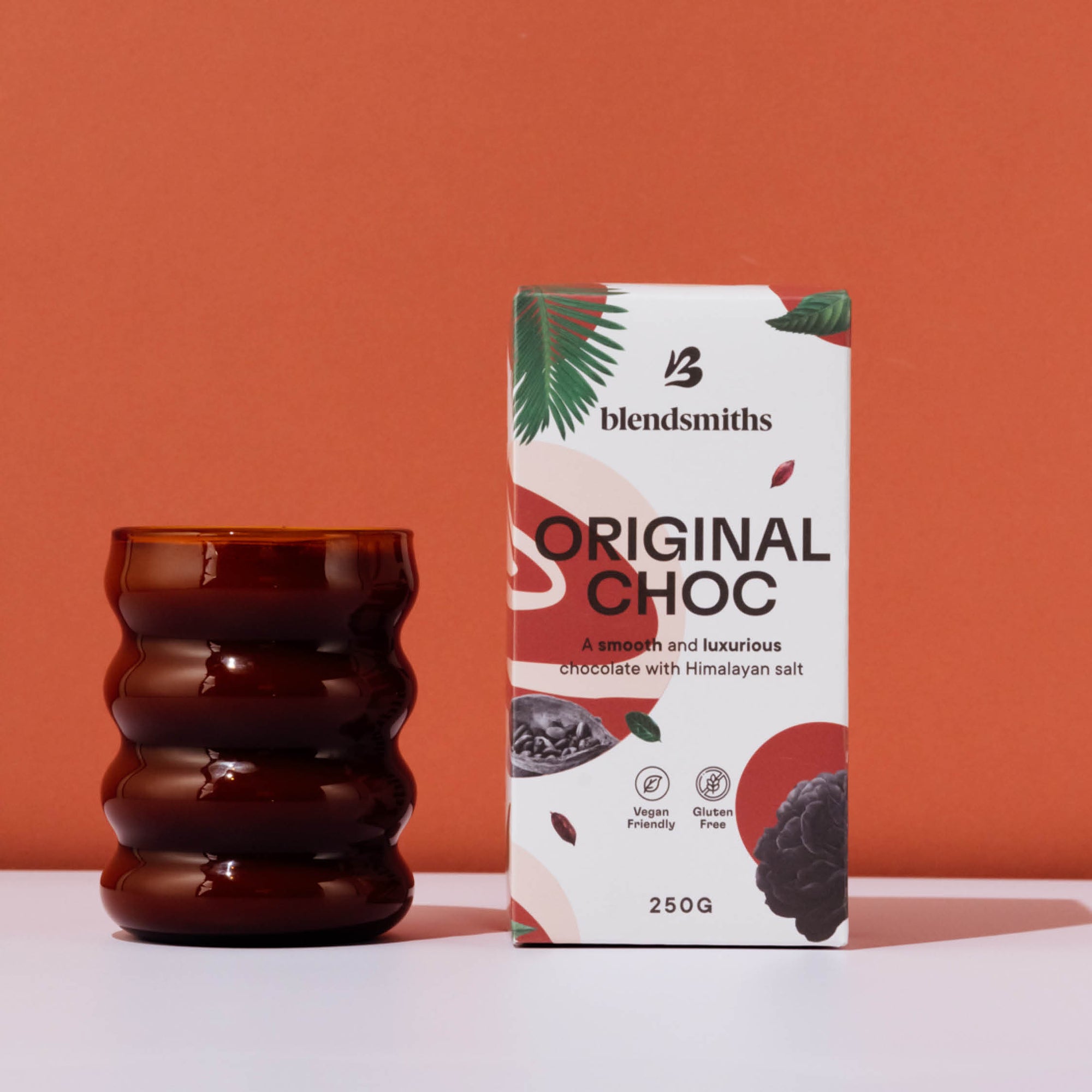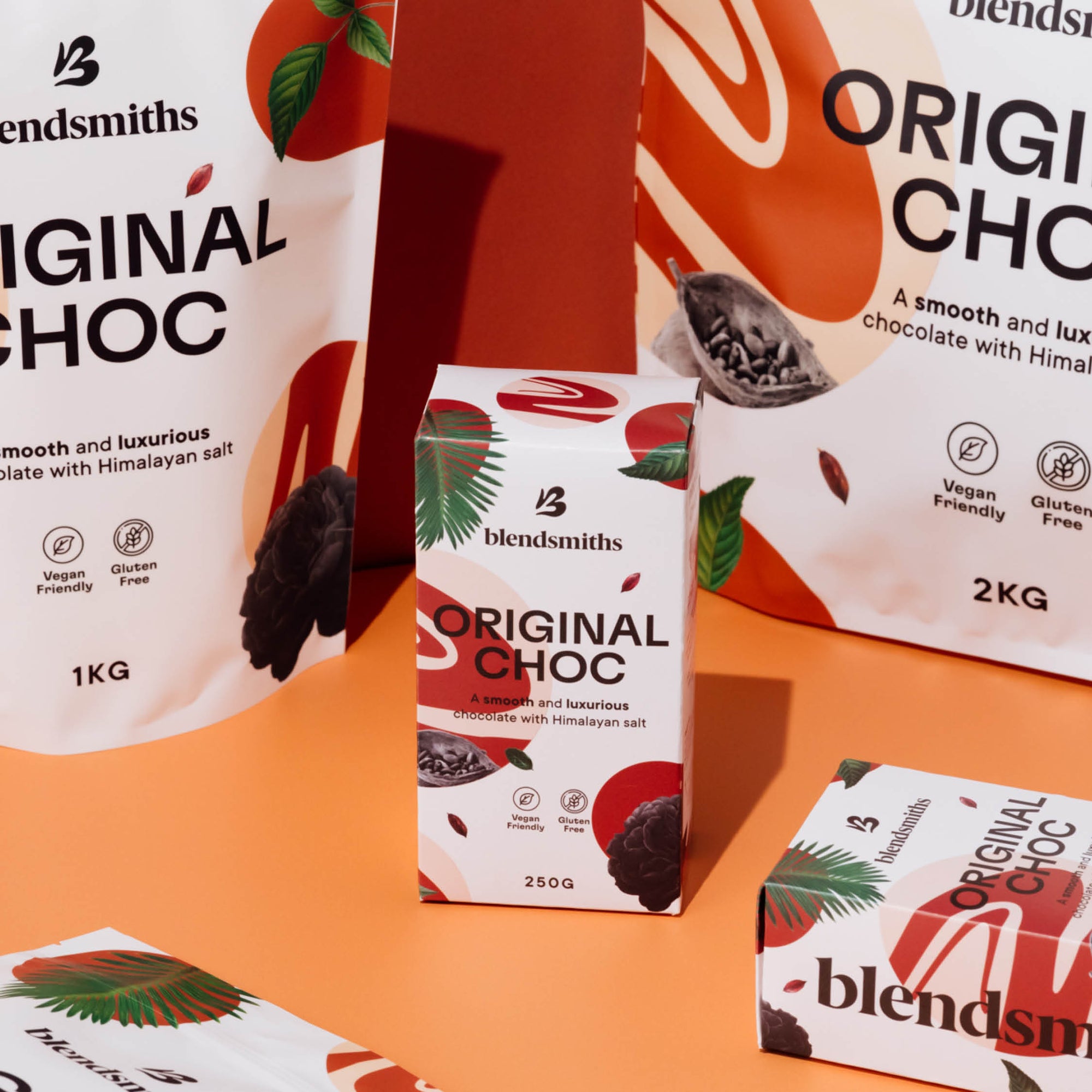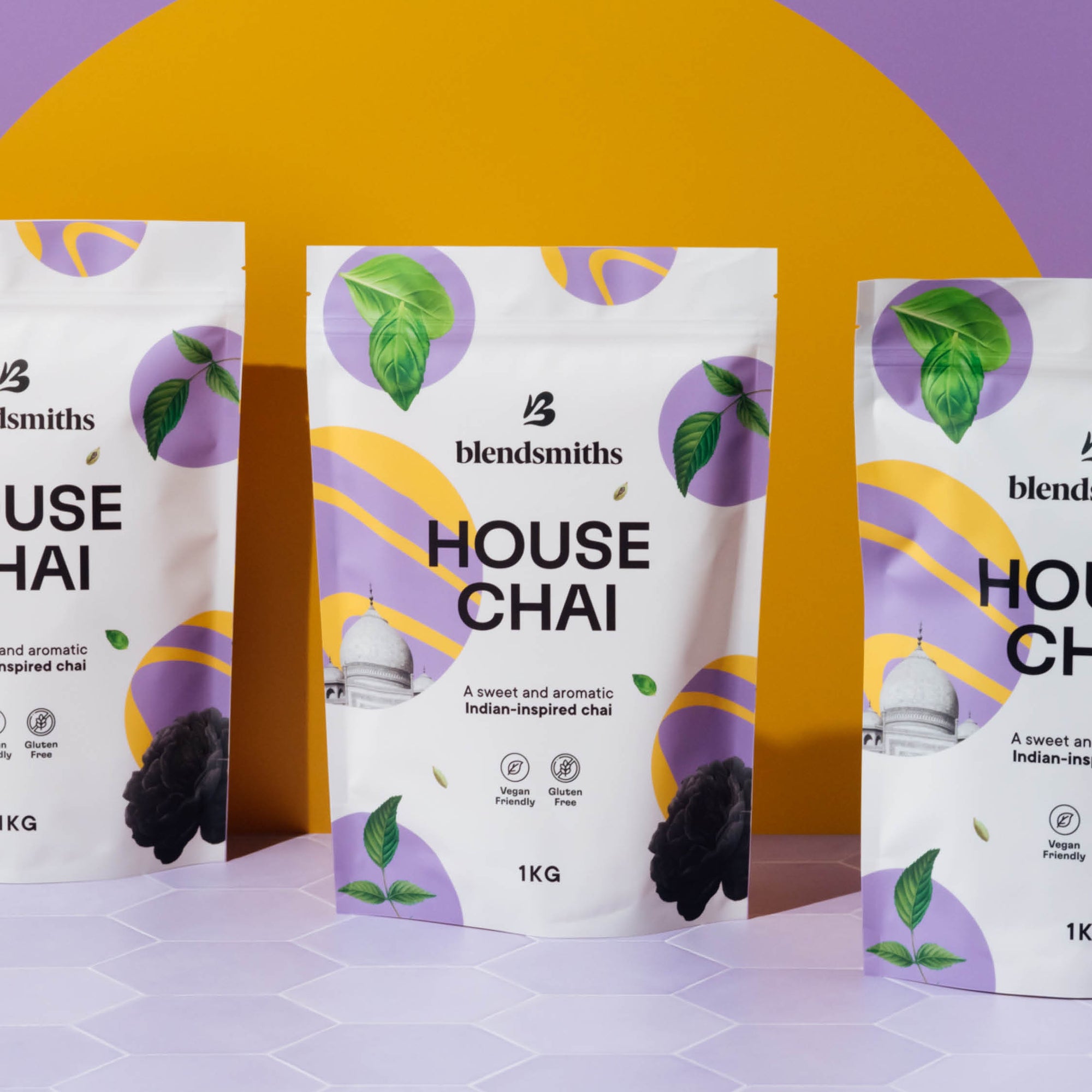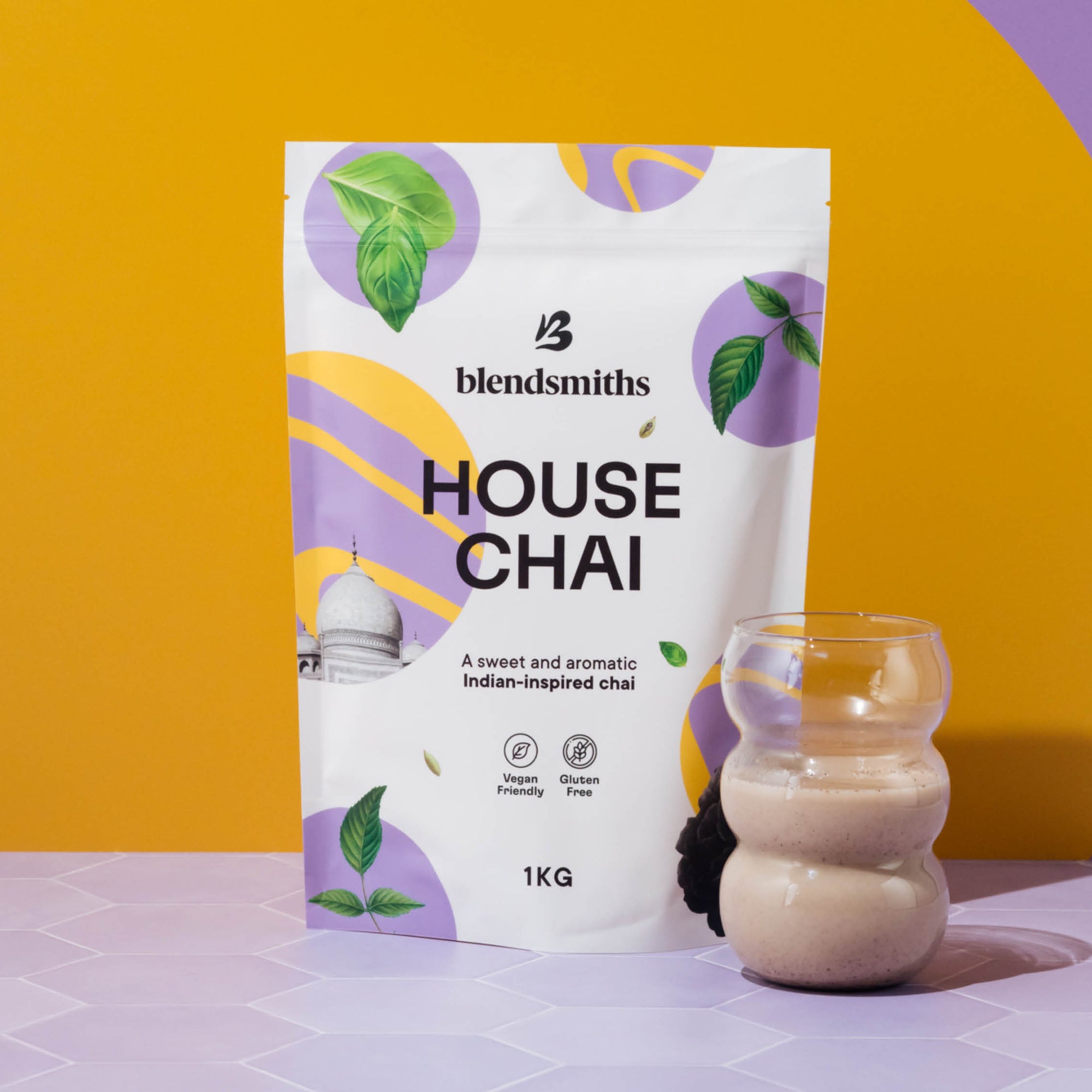· Chris Farnworth
World Chocolate Day - Sustainability

A day that most people around the world will happily raise a hot chocolate too because let’s face it, what would a world without chocolate be.
World Chocolate Day was originally created to celebrate the commemoration of when chocolate was first introduced into Europe during the 16th century, most likely from some white European diplomats.
Nowadays, the reach of celebration goes far beyond this – it is an opportunity to recognise the wonderful purity of this magnificent fruit of nature; the people, the tribes, the families, the communities and the countries that cultivate, harvest and nurture one of the worlds most beloved commodities.
Blendsmiths is simply a vehicle to harness, finesse and share to a wider audience. We are custodians of natures finest gift and our intention is to do it the justice it duly deserves.
As with most things in life, with celebration must come recognition of what lies before. It’s been well documented for many years the trials and tribulations that are associated with the cultivation of chocolate and rightly so.
There is a lot of noise around sustainability, child labour and best practices in the chocolate industry. And in many cases, it’s absolutely justified to highlight such topics. Afterall, it’s an extremely complex supply chain and not all of what is being presented in the public domain is truthful. Some of the best cocoa in the world is produced in the Ivory Coast and Ghana due to favourable climate, nutrient rich soil, process and agricultural infrastructure - that’s why we use most of the cocoa in our blends from there.
However, their industry has faced challenges related to sustainability, child labour, and fair-trade practices for many years. It's important to note, these countries produce more cocoa (for a reason) than any other countries in the world. The focus is naturally going to be higher and lines can be quite blurred. For example, child labor can be classified as a child missing school to help his father carry crop to help feed the family - can any cocoa producing country truly claim ‘child labour free’ if this is the classification. The answer is no and with cocoa unfortunately produced in poverty-stricken countries, sometimes, help does come in many forms.
Don’t mistake my words; child labour in the cocoa industry is a big problem, it’s important to recognise the context and that it’s an issue across every cocoa farming nation.

We all have choices to make and our choice from the very beginning was unequivocally to use the best ingredients, cultivated and sourced in a sustainable way. We’re a small company, but we can choose to do things the right way and although we can’t directly improve cocoa farmer lives, we chose to work with suppliers that absolutely can.
For the past 15 years, our partners have taken a global lead on addressing child labour in cocoa, from being one of the first supply chain companies to join the fair labor association (FLA) to bring a supply chain-based digital child labour monitoring and redemption tool to farming.
IN REVIEW: HOW HAVE OUR PARTNERS BEEN CONTRIBUTING TO BETTER COCOA FARMING AND A MORE SUSTAINABLE INDUSTRY

They have increased the number of children receiving education support, like birth certificates and school supplies, classrooms, and school canteens by 20% compared to 2019/20.
They have also responded to the continued pressures of Covid-19 on cocoa communities, particularly on women and children, by offering maternal health services including nutrition coaching and child vaccinations. Out of the 11,954 instances we identified in 2019/20, 3,984 cases have been remediated and resolved.
However, by putting in place a greater level of monitoring and by surveying more farming households, this meant that they were able to shine a light on previously unidentified cases. In 2020/21, they found an additional 11,194 instances of child labour, 8,199 of which have either already received or are in the process of receiving remediation support.
WORKING TOGETHER TO MAKE SUSTAINABLE COCOA REAL

DRIVING CLIMATE AGENDA
- After achieving 100% deforestation monitoring, our suppliers went a step further by polygon mapping 68% of their sustainability programs. This extra layer of insight is helping us act to prevent deforestation by giving cocoa communities the training and support they need to protect forests.
- Under the multi-stakeholder Cocoa & Forests Initiative (CFI), our partners distributed 864,979 forest trees to cooperatives in Côte d’Ivoire to help restore forests. They also trained thousands of farmers over 3 years in Ghana on farming techniques to protect landscapes.
EMPOWERING COMMUNITIES TO GROW BY PUTTING CHILDREN FIRST
Child labour remains a serious challenge. However, our partners identified 6% fewer recorded cases than in 2019/20. And thanks to extending a digital child labor monitoring and remediation system (CLMRS) app to cover even more households, they captured detailed data showing 62% and 33% of cases were children carrying heavy loads and weeding, respectively. 86% were attending school while helping on the farm.
Children assisting their parents in this way is, in the main, not a form of child labour and must be seen through the local cultural context.
Our partners also supported thousands more children to access education through distributing school supplies, birth certificates needed for enrolment, and constructing or rehabilitating classrooms.
The root cause of child labour is poverty. They have continued to help farmers commercialise, paying them a premium for high quality and sustainable cocoa. In turn, Blendsmiths continues to pay a premium to support this cause.

SUPPORTING LIVELIHOODS BY FOCUSING ON FARMERS
Our partners developed an initial model showing the farmers across the Ivory Coast and Ghana already earning a living income, giving a better understanding of the nature and extent of the existing income gaps in our supply chain and how to close them.
HOW PLANT SCIENCE IS HELPING FARMERS EARN MORE WITHOUT HURTING THE PLANET
Plant science trials focusing on best practices for growing higher quality cocoa without harming the environment, showed farmers who apply techniques like proper pruning can boost their yields by up to 20% per year.
EMPOWERING WOMEN IN COCOA
On average, women earn only 21% of the income that men do from cocoa production.
THE VALUE OF DIGITAL TRACEABILITY
With issues ranging from a lack of basic infrastructure to no internet connectivity, reaching 100% direct traceability was an enormous task for our partners.
Convincing more farmer groups and cooperatives to switch from paper-based to digital traceability.
It helps protect the integrity of the data, meaning it can be captured and stored more easily with minimum delay and less chance of human error. Whereas previously, most cooperatives relied on information recorded by pen and paper and transferred along the many stages of the supply chain, now, every time there is a traceability audit, those who have transitioned can quickly source what they need in a centralised digital system.
EMPOWERING COCOA COMMUNITIES TO PROTECT LANDSCAPES RESTORE
Resilient Ecosystems and Sustainable Transformation of Rural Economies (RESTRE) is a five-year project our partners are carrying out in partnership with The United States Agency for International Development (USAID), West Africa and The Rainforest Alliance.
It will focus on the Sui River landscape in Ghana and three landscapes in Côte d’Ivoire: the south-eastern and south-western landscapes adjacent to the Taï National Park and the northern landscape near the Bossematie natural reserve where Blendsmiths cocoa is cultivate.
These are critical areas for conservation where the partnership will protect forest habitat and biodiversity, reduce deforestation, and increase the storage of carbon in trees within cocoa farms and the surrounding area.

As the sector continues to grapple with a range of challenges, from aging farmers and low productivity to the expansion of cocoa farms into forests and child labor, now more than ever, we need to address the untapped resources of women in cocoa. By giving them the proper support, they can become the catalyst for more sustainable communities and healthier families.
CELEBRATING IMPROVEMENT
We are incredibly proud of our cocoa partnerships and the work that is being conducted in Ghana and the Ivory Coast. For us, there is no better feeling knowing the hard work we are putting in is backed up by the work being done at origin.
Financial pressures have and always will be a topic of conversation high on most producer / suppliers agenda and have been more apparent than ever before in recent years. Paying a premium is more than just acquiring a premium product, it contributes to the sustainability of the cocoa trade.
We hope that when you pay a premium for a Blendsmiths product, you know that you are contributing to a much greater cause.
Happy World Chocolate Day, here's to celebrating the most wonderful commodity the world has to offer and the people that are making changes for a better future.


